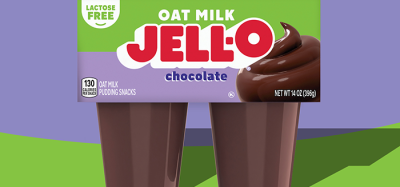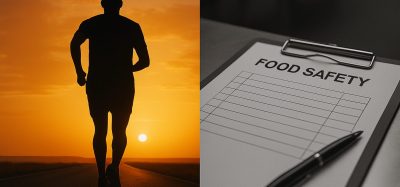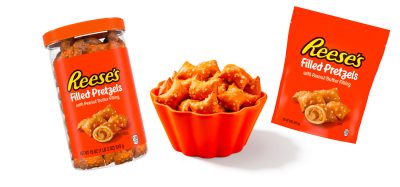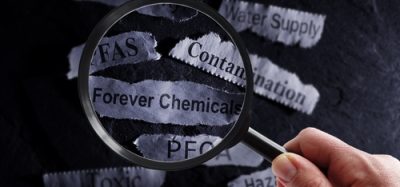Can I catch covid from food?
- Like
- Digg
- Del
- Tumblr
- VKontakte
- Buffer
- Love This
- Odnoklassniki
- Meneame
- Blogger
- Amazon
- Yahoo Mail
- Gmail
- AOL
- Newsvine
- HackerNews
- Evernote
- MySpace
- Mail.ru
- Viadeo
- Line
- Comments
- Yummly
- SMS
- Viber
- Telegram
- Subscribe
- Skype
- Facebook Messenger
- Kakao
- LiveJournal
- Yammer
- Edgar
- Fintel
- Mix
- Instapaper
- Copy Link
Posted: 15 September 2020 | Sterling Crew | No comments yet
Esteemed food expert, Sterling Crew, explores the current evidence behind COVID-19 transmission and food.
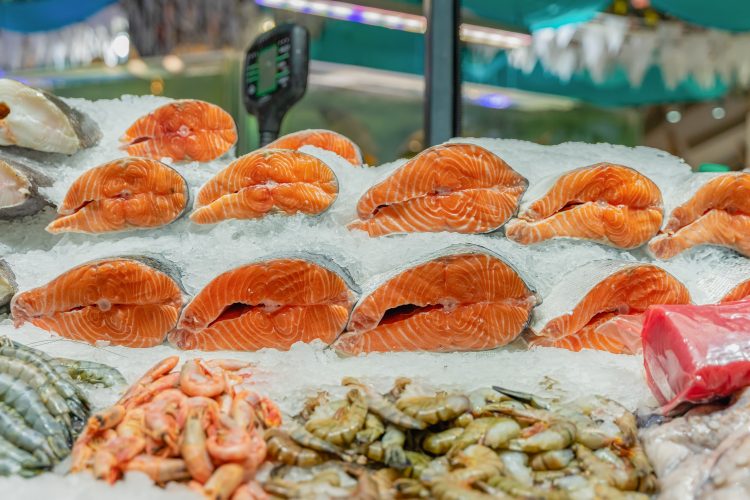

COVID-19 is one of the largest public health crises in recent history. Caused by the novel coronavirus, SARS-CoV-2, there is still uncertainty around how this virus works, as it had not been previously identified in humans.
Transmission of COVID-19
What we do know is that the principle mode of transmission is via respiratory droplets released when people sneeze, cough or exhale. The virus can also be spread indirectly when droplets land on objects and surfaces around the infected person, such as tables, doorknobs and handrails. People can become infected by touching these objects or surfaces, then touching their eyes, nose or mouth.
But the big question is: can we catch it from our food?
To combat the virus and its spread, it is important to understand the science behind COVID-19. This science is continually evolving as new evidence emerges, but as mentioned, there remains a degree of mystery.
The clear opinion held at the beginning of the pandemic by trusted sources, including The World Heath Organization (WHO), European Food Safety Authority (EFSA) and the Food Standards Agency (FSA), was that COVID-19 is not known to be transmitted by exposure to food or food packaging and that the risk of food or food contact materials as a transmission route for SARS-CoV-2 via consumption of food or handling food contact materials or packaging is very low. However, the FSA has acknowledged that the uncertainty factor is high.
New Food Podcast: COVID-19 and the food and beverage market.
Experiences from previous outbreaks of related coronaviruses, such as severe acute respiratory syndrome coronavirus (SARS-CoV) and Middle East respiratory syndrome coronavirus (MERS-CoV), show that transmission through food consumption did not occur. Here, it is important that we differentiate hazard from a risk, the mere presence of an infectious agent on food does not necessarily mean that an infection will occur.
The UK food sector is fortunate to have tried and tested hygiene management systems already in place. The Government continues to advise that food business operators should continue to follow the FSA guidance on good hygiene practices in food preparation and their Hazard Analysis and Critical Point (HACCP) processes.
This opinion has been recently backed up by the respected International Commission on Microbiological Specifications for Foods (ICMSF), which just completed its own review. The ICMSF believes that it is “highly unlikely that the ingestion of SARS-CoV-2 will result in illness; there is no documented evidence that food is a significant source and/or vehicle for transmission of SARS-CoV-2”. While ingestion of the virus could potentially result in COVID-19 infection, oral transmission via food consumption has not been reported. Furthermore, SARS-CoV-2 should not be considered a food safety hazard since a true food safety hazard enters the human body with food via the gastro-intestinal tract.
I believe COVID-19 has the potential to impact food safety indirectly. The restrictions which many countries have put in place to manage the spread of the virus has shocked the global food sector both economically and socially across the entire global food supply network. We have seen major disruptions to human resources, such as changes in key personnel; supply chains of ingredients, packaging, finished products and equipment, along with the transportation of people, materials and goods. The role that food professionals play to help businesses secure and assure food has never been more important.
There is uncertainty amongst the public as the advice that there is no transmission by food appears somewhat counter intuitive. At the beginning of the outbreak I was asked by a consumer if she could catch the virus from tinned food, as a man standing next to her in the supermarket had coughed on some cans of tomatoes. Were the cans safe? I explained that my main concern would not be touching the cans of tomato, but by someone coughing so close to me. This is, after all, principally a respiratory disease.
There are, to date, no proven cases, scientific correlation or associations between food consumption and COVID-19. In my opinion it is highly unlikely that SARS-CoV-2 constitutes a food safety risk. Hindsight is the only exact science, only once this terrible pandemic ends will we be able to fully assess the health, social and economic impact of this global disaster. We should then be able to learn lessons in terms of public health and impact on the global food supply network for any future similar crisis.
Want me to discuss something specifically? Comment below or find me on Linked In and ask! #CrewChats
About the author
Sterling Crew is an experienced food sector director who currently holds a portfolio of positions including Chair of the Food Authenticity Network. He is the Independent Scientific Advisor at Campden BRI and sits on its board. He is also Strategic Advisor at Shield Safety Group and Dynamic Risk Indicator.
Moreover, Sterling sits on the audit governance board at Eurofins and is Scientific Advisor for OLIO. He is Co-Founder of Kitchen Conversation as well as being Managing Director of SQS ltd.
Sterling has over 35 years’ experience of working in the food industry in the fields of food safety, governance, horizon scanning and innovation. He started his career in government before a successful track history in retailing with Marks and Spencer and Tesco. He has also worked in the branded environment for Coca-Cola and Disney and as a Technical Director at two manufacturers. With experience as a regulator, retailer, manufacturer and brand owner, he has a unique perspective on the global food supply network.
Related topics
COVID-19, Food Safety, Hygiene, retail, Supermarket, The consumer, Trade & Economy




